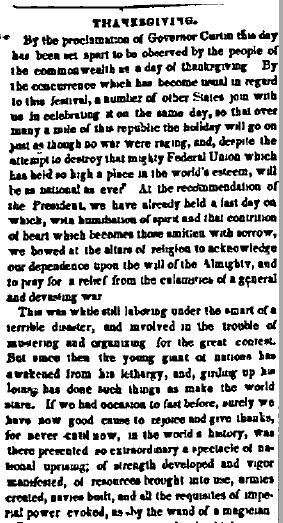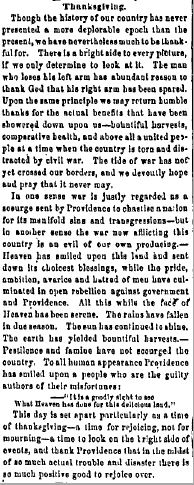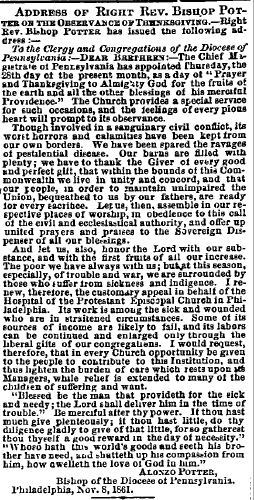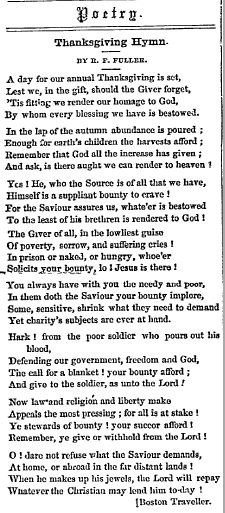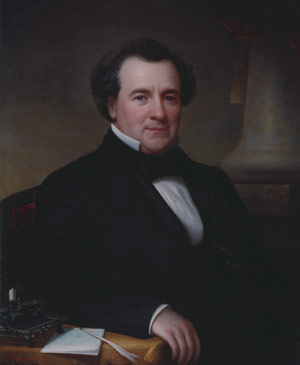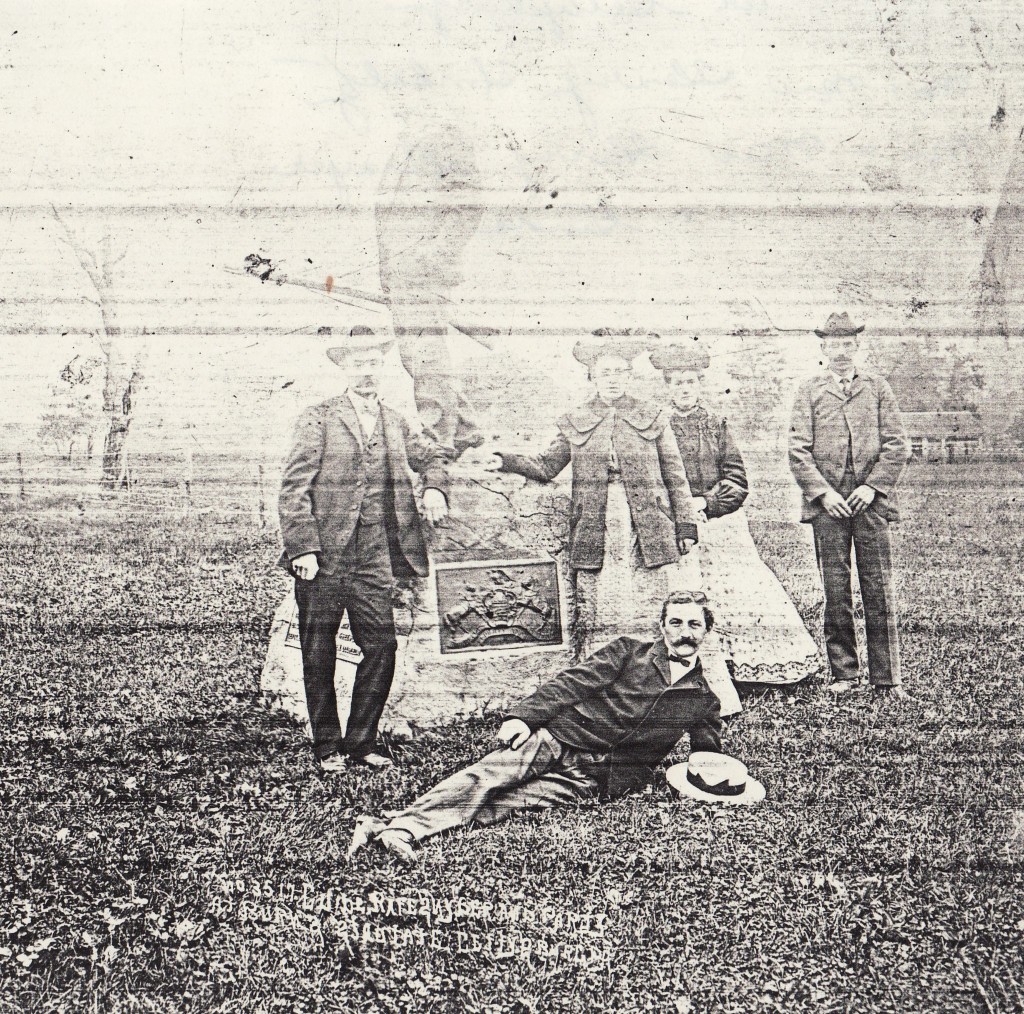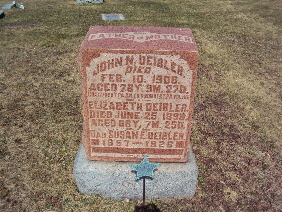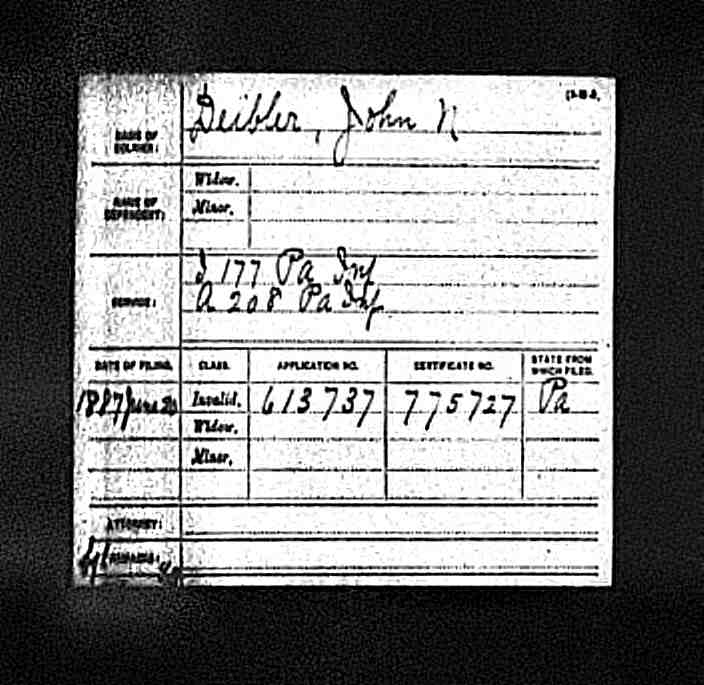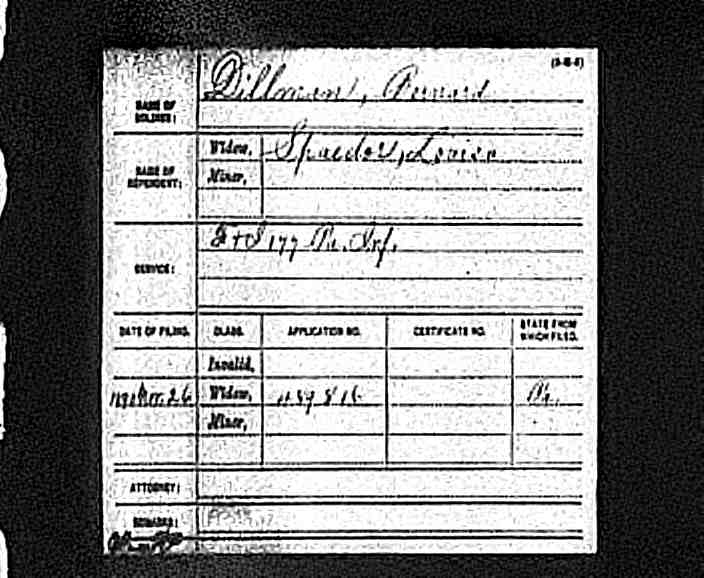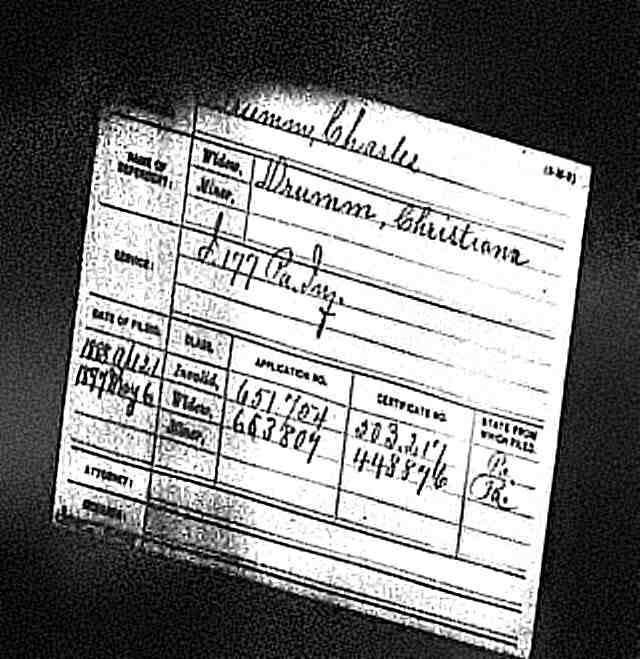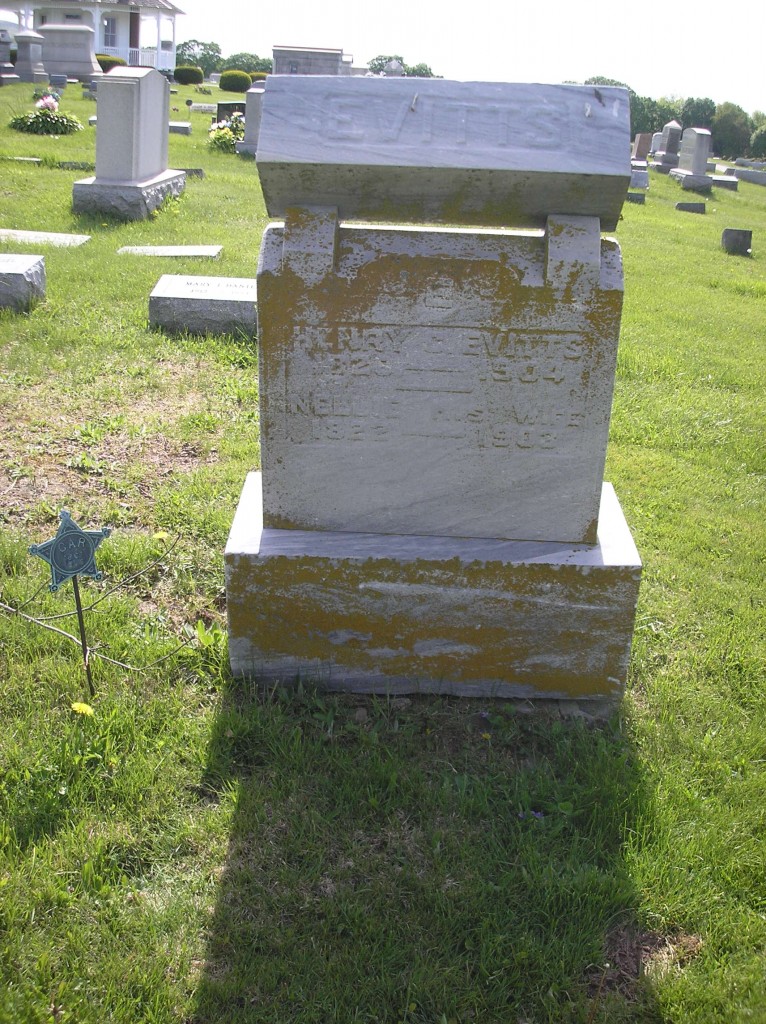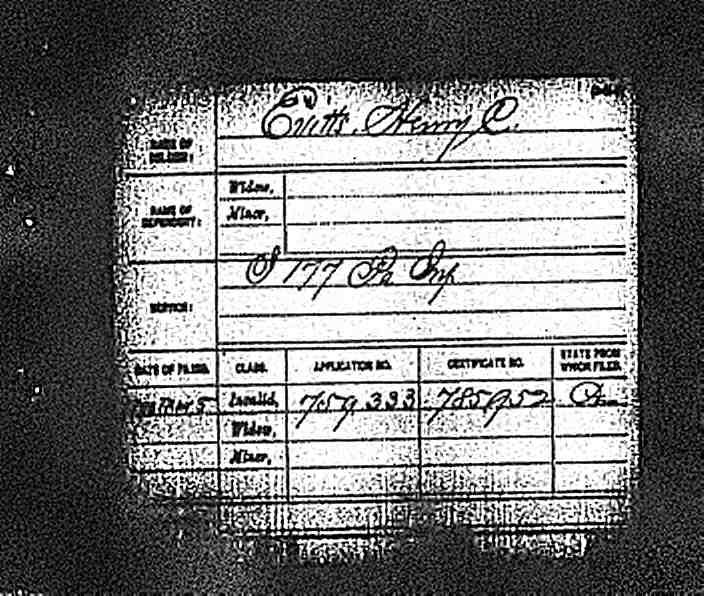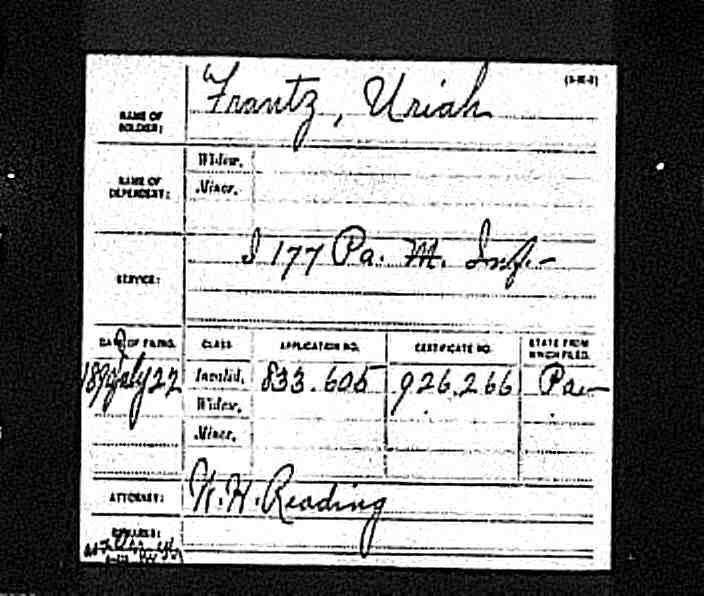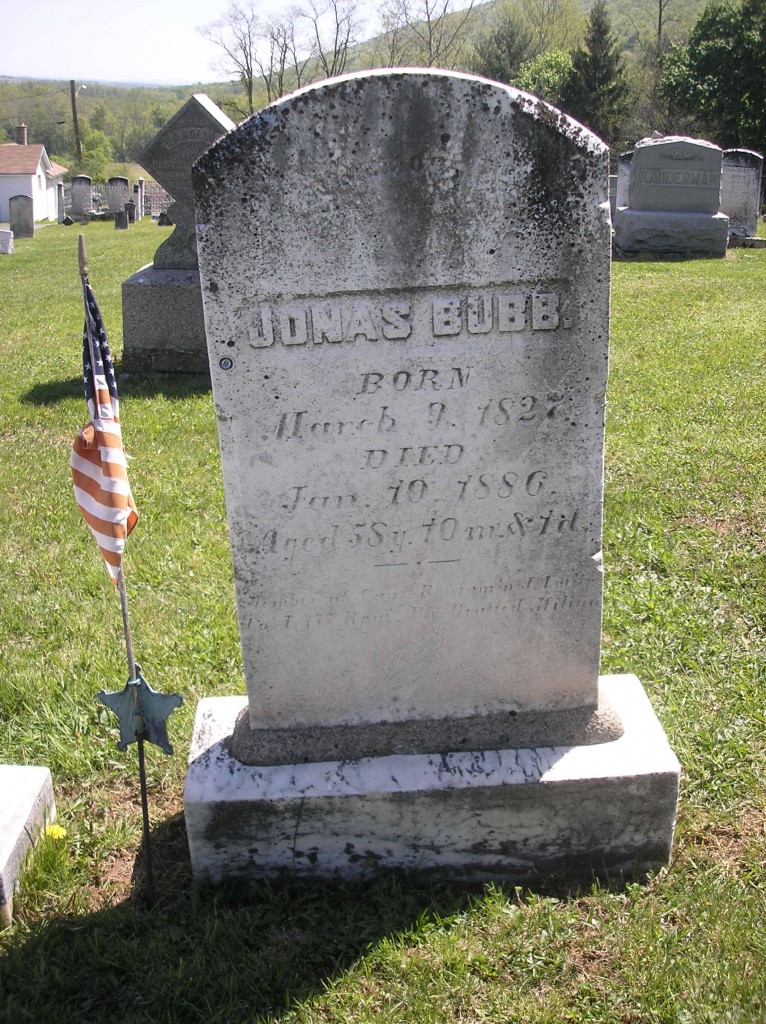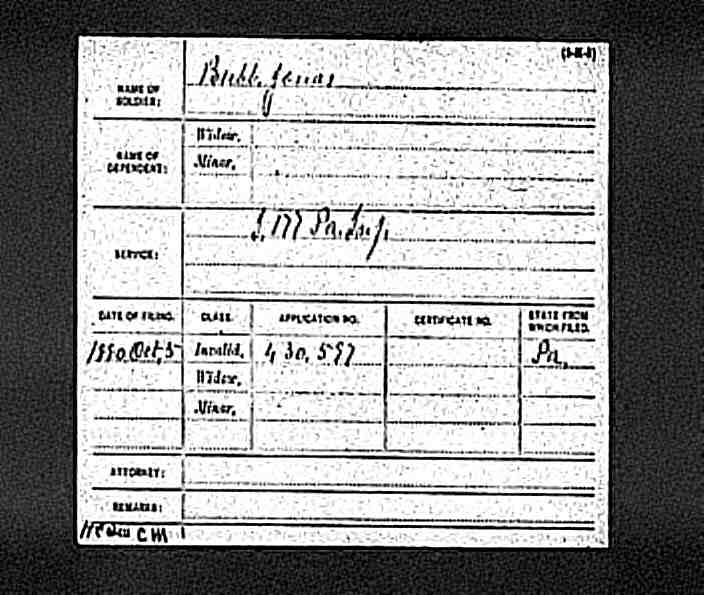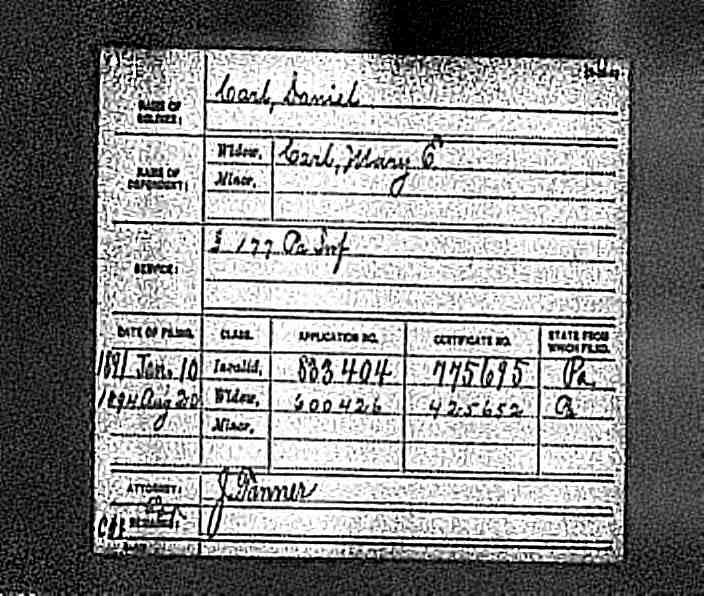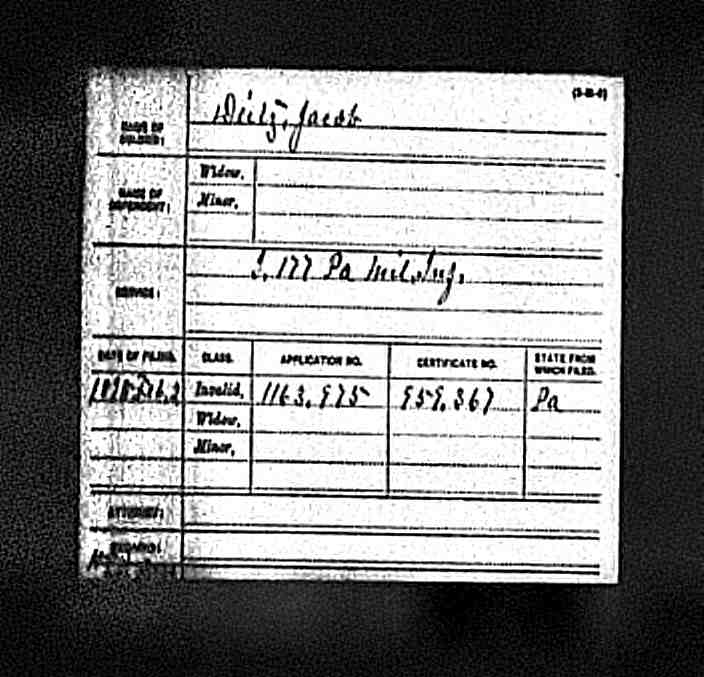Thanksgiving 1861 – Proclamations
Posted By Norman Gasbarro on November 23, 2011
More proclamations and editorial opinions are presented here on how Thanksgiving 1861 should be celebrated while the country was at war. The first of these is from the North American and United States Gazette (Philadelphia), of 28 November 1861:
THANKSGIVING
By the proclamation of Governor Curtin this day has been set apart to be observed by the people of the commonwealth as a day of Thanksgiving. By the occurrence which has become usual in regard to this festival, a number of other States join with us in celebrating it on the same day, so that over many a mile of this republic the holiday will go on just as though no war were raging, and despite the attempt to destroy that mighty Federal Union which has held so high a place in the world’s esteem, will be as national as ever. At the recommendation of the President, we have already held a fast day on which, with humiliation of spirit and that contrition of heart which becomes those smitten with sorrow, we bowed at the altars of religion to acknowledge our dependence upon the will of the Almighty, and to pray for a relief from the calamities of a general and devastating war.
This was while still laboring under the smart of a terrible disaster, and involved in the trouble of mustering and organizing for the great contest. But since then the young giant of nations has awakened from its lethargy… and has done such things as make the world stare. If we had occasion to fast before, surely we have now good cause to rejoice and give thanks, for never till now, in the world’s history, was there presented so extraordinary a spectacle of national uprising, of strength developed and vigor manifested, of resources brought into use, armies created, navies built, and all the requisites of imperial power evoked, as by the wand of a magician.
For this we have a reason to be thankful since with such a spirit, the republic is not only not destroyed, as its enemies had so fondly boasted, but [standing] against all the fury of inter… and foreign malignity which vainly seek to threaten its existence. If we had merely been able to preserve the republic from destruction, it would be something of an achievement in view of all the circumstances, confronted as we have by eleven States in open rebellion, our Treasury bankrupt, our army and navy rendered powerless, and with England, the greatest of commercial nations, and the leading naval Power, openly sympathizing with the rebels. But we have done better…. With the loss of the seceded States, the rest became endued with a vigor such as no one ever dreamed of before, and armies, and navies, and loans which the whole republic before the rebellion had never ever thought within the range of possibilities, have been accomplished with a suddenness truly marvelous.
Let the… nations of the old world pray as they may about the disunited States, as though we had fallen to pieces and were a theme for pity. Let them dream, if they choose, of our power crumbling to decay, and of the prestige of the great republic being gone forever. From the beat and smoke of this tremendous struggle there is fast emerging the mightiest spectacle of national strength which the world has ever conjured up. In fact the war, instead of being a calamity, seems but an instrument.. in the hands of an overruling Providence to purge this people of the taint of soridness and degeneracy, to drive them by the strong arm of necessity to the development of capabilities which they did not ever themselves know before that they possessed….
Let all true men, then, on this appointed day, devoutly give thanks for the glorious future which is dawning upon us. Let them and the auspicious day, now not far distant, when the achievements of this nation in the paths of literature, commerce, science, invention, industry, agriculture, shall be rivaled by the solidarity and splendor of its empire, the variable and demonstrable instrumentalities of its power, the boundless wealth of its resources, and all those outward symbols of imperial greatness which we have so long perceived, though we knew it not.
The Harrisburg Patriot presented its Thanksgiving day editorial, 28 November 1861, in terms of looking at the bright side of the picture – and urged the citizenry to focus on the “benefits that have been showered upon is.” The fact that the battles of the war had not crossed into Pennsylvania – and the devout hope that they never would – was mentioned. The war was characterized as an evil of man’s doing as well as a “scourge” sent by God as punishment for “sins and transgressions.”
THANKSGIVING
Though the history of our country has never presented a more deplorable epoch than the present, we have nevertheless much to be thankful for. There is a bright side to every picture, if we only determine to look at it. The man who loses his left arm has abundant reason to thank God that his right arm has been spared. Upon the same principle we may return humble thanks for the actual benefits that have been showered down upon us -bountiful harvests, comparative health, and above all a unified people at a time when the country is torn and distracted by civil war. The tide of war has not yet crossed our borders, and we devoutly hope and pray that it never may.
In one sense war is justly regarded as a scourge sent by Providence to chastise a nation for its manifold sins and transgressions – but in another sense the war now afflicting this country is an evil of our own producing. — Heaven has smiled upon this land and sent down its choicest blessings, while the pride, ambition, avarice and hatred of men have culminated in open rebellion against government and Providence. All this while the face of Heaven has been serene. The rains have fallen in due season. The sun has continued to shine. The earth has yielded bountiful harvests. — Pestilence and famine have not scourged the country. To all human appearance Providence has smiled upon a people who are the guilty authors of their misfortunes:
— “It is a godly sight to see
What Heaven has done for this delicious land.”
This day is set apart particularly as a time of thanksgiving – a time for rejoicing, not for mourning – a time to look on the bright side of events, and thank Providence that in the midst of so much actual trouble and disaster the is so much positive good to rejoice over.
Bishop Alonzo Potter of the Episcopal Diocese of Pennsylvania also noted that the war had not yet reached the borders of Pennsylvania and urged his flock to contribute to the Hospital of the Protestant Episcopal Church of Philadelphia as a way of giving thanks and lessening the burden to those who were less fortunate:
ADDRESS OF RIGHT REV. BISHOP POTTER ON THE OBSERVANCE OF THANKSGIVING — ….
The Chief Magistrate of Pennsylvania has appointed Thursday, the 28th day of the present month, as a day of “Prayer and Thanksgiving to Almighty God for the fruits of the earth and all the other blessings of his merciful Providence.” The Church provides a special service for such occasions, and the feelings of every pious heart will prompt to its observance.
Though involved in a sanguinary civil conflict, its worst horrors and calamities have been kept from our own borders. We have been spared the ravages of pestilential disease. Our barns are filled with plenty; we have to thank the giver of every good and perfect gift, that within the bounds of this Commonwealth we live in unity and concord, and that our own people, in order to maintain unimpaired the Union, bequeathed to us by our fathers, are ready for every sacrifice….
The poor have always been with us; but at this season, especially, of trouble and war, we are surrounded by those who suffer from sickness and indigence. I renew, therefore, the customary appeal in behalf of the Hospital of the Protestant Episcopal Church in Philadelphia. Its work is among the sick and wounded who are in straightened circumstances. Some of its sources of income are likely to fail, and its labors can be continued and enlarged only through the liberal gifts of our congregations. I would request, therefore, that in every Church opportunity be given to the people to contribute to this Institution, and thus lighten the burden of care which rests upon its managers, while relief is extended to many of the children of suffering and want….
The Worcester Spy, presented a poem to a representative soldier who died in battle. Entitled, “The Vacant Chair – Thanksgiving, 1861,” it was one of the only general tributes to the fallen that appeared in the press of the day:
The Vacant Chair – Thanksgiving, 1861
We shall meet, but we shall miss him, There will be one vacant chair, We shall linger to caress him, While we breathe our evening prayer.
When a year ago we gathered, Joy was in his mild blue eye, But a golden cord is severed, And our hopes in ruin lie.
At our firesides, sad and lonely, Often will the bosom swell, At remembrance of the story, How our noble Willie fell;
How he strove to bear our banner, Through the thickest of the fight, And upheld the country’s honor, With the strength of manhood’s might.
True, they tell us wreaths of glory Evermore will deck his brow, But this soothes the anguish only, Sweeping o’er our heart strings now.
Sleep to day, O early fallen! In thy gren and narrow bed; Dirges from the pine and cypress Mingle with the tears we shed.
We shall meet, but we shall miss him, There will be one vacant chair; We shall linger to caress him, When we breathe our evening prayer.
Finally, a “Thanksgiving Hymn” by B. F. Fuller was offered by the Boston Traveller:
Poetry.
Thanksgiving Hymn
by R. F. Fuller
A day for our annual Thanksgiving is set, Lest we, in the gift, should the Giver forget, ‘Tis fitting we render our homage to God, By whom every blessing we have is bestowed.
In the lap of the autumn abundance is poured; Enough for earth’s children the harvests afford; remember that God all the increase has given; And ask, is there aught we can render to heaven?
Yes! He, who the Source is of all that we have, Himself is a suppliant bounty to crave! For the Saviour assures us, whate’er is bestowed To the least of his brethren is rendered to God!
The Giver of all, in the lowliest guise Of poverty, sorrow, and suffering cries! In prison or naked, o hungry, whoe’er Solicits your bounty, lo! Jesus is there!
You always have with you the needy and poor, In them doth the Saviour your bounty implore, Some sensitive, shrink what they need to demand Yet charity’s subjects are ever at hand.
Hark! from the poor soldier who pours out his blood, Defending our government, freedom and God, The call for a blankety! your bounty afford; And give to the soldier, as unto the Lord!
Now law and religion and liberty make Appeals the most pressing; for all is at stake! Ye stewards of bounty! your sucor afford! Remember, ye give or withhold from the Lord!
O! dare not refuse what the Saviour demands, At home, or abroad in the far distant lands! When he makes up his jewels, the Lord will repay Whatever the Christian may lend him to-day!
Tomorrow, the final part in this series will be presented and will examine some of the events of the day.
The poems above are found in The Farmer’s Cabinet of 28 November 1861 and they and the other article excerpts given above are available in the on-line resources of the Free Library of Philadelphia.
 ;
;
